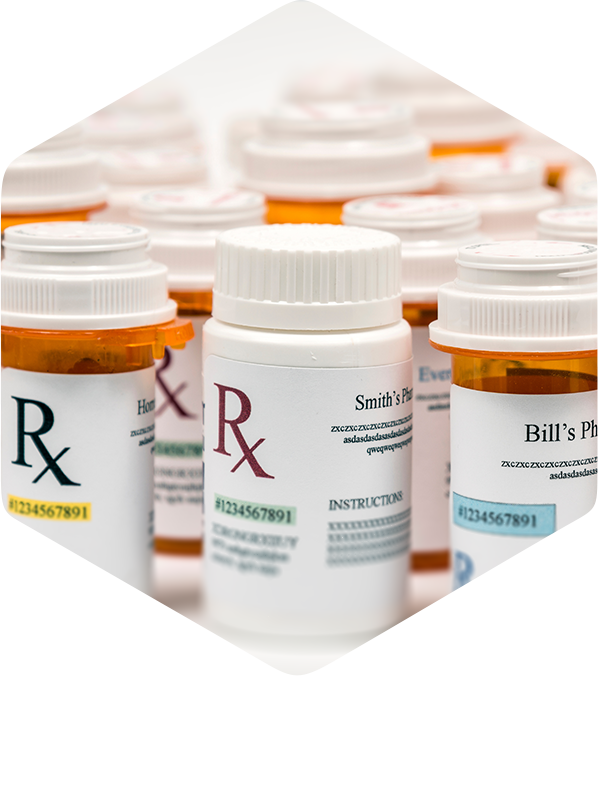Roche was developing a drug, R1315, and needed to determine first-in-human (FIH) dosage and a formulation strategy before designing phase 1 clinical trials.
During development of the drug, it was profiled to have low solubility and high permeability. Before selecting a formulation strategy for phase 1 clinical trials, researchers decided to investigate what kind of impact the solubility and permeability would have on the drug’s bioavailability.
Researchers opted to use the GastroPlus® PBPK prediction platform to conduct a detailed biopharmaceutical assessment of R1315.
They began by running simulations of the absorption process, with data inputs that included drug solubility measurements in simulated physiological media and permeability determination. Additional simulations were run to identify how much selected input values could change simulated outcomes.
Next, researchers tested different formulations in a 23 screening factorial plan using dog animal models. The factors were dosage form, food effect and dose strength.
The first factor pitted the micronized drug in a capsule against a surfactant solution. Via simulation, both formulations were administered over the dosage range to fasted and fed dogs.

The GastroPlus simulations predicted that only a fraction of an administered dose was dissolved in the stomach, and nearly all absorption of the drug occurred during gastrointestinal transit time. This indicated that the drug’s solubility had little impact on absorption and particle size did not significantly affect oral bioavailability.
The in silico results were compared with in vivo dog studies, which showed that a surfactant drug solution had no clear superiority over a solid capsule formulation.
Based on the results of the GastroPlus simulations and dog studies, a standard granulate in capsule form was chosen for phase 1 clinical studies. A more sophisticated formulation and drug delivery system was deemed unnecessary, allowing Roche to forego additional studies and recognize significant cost savings.

